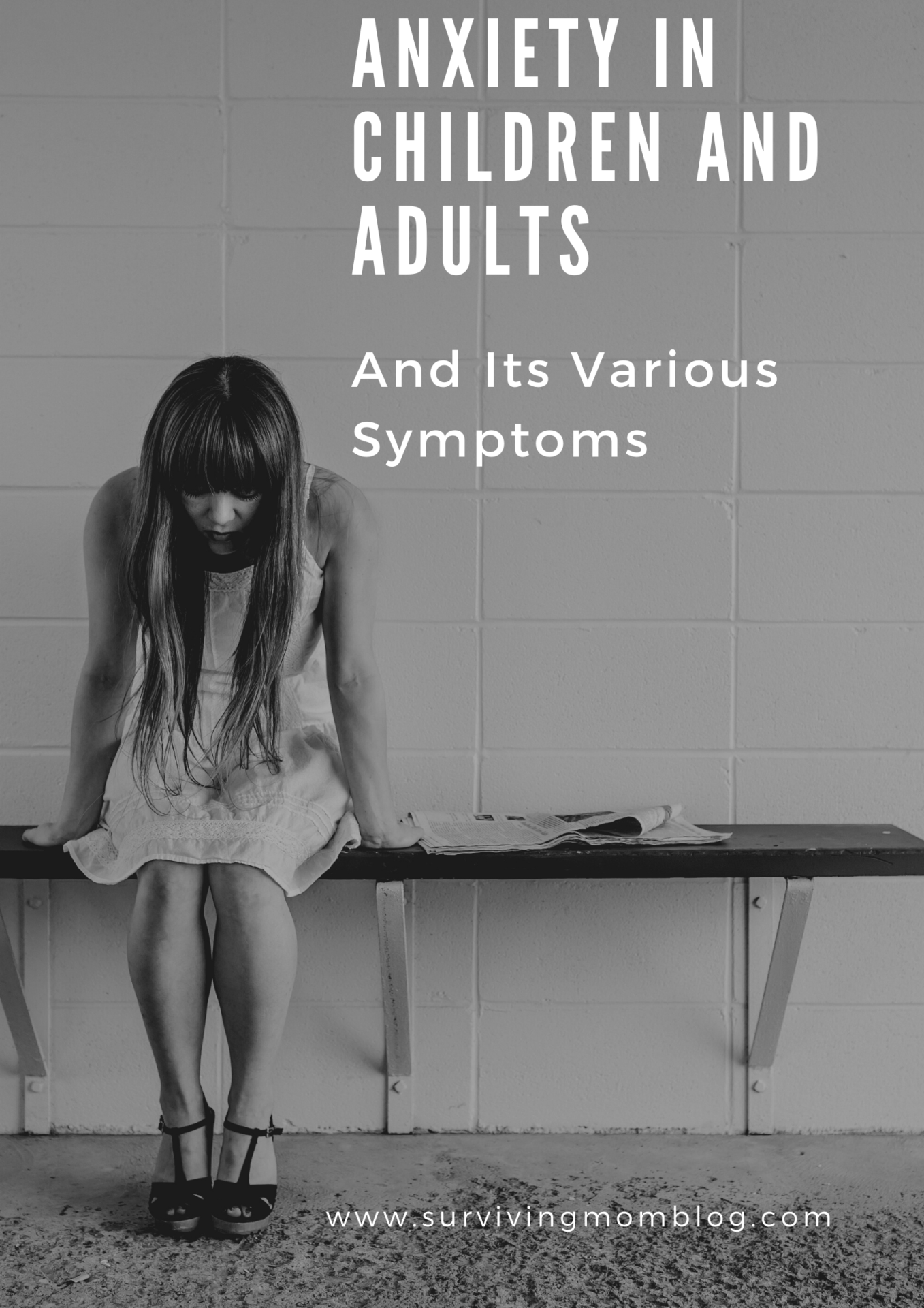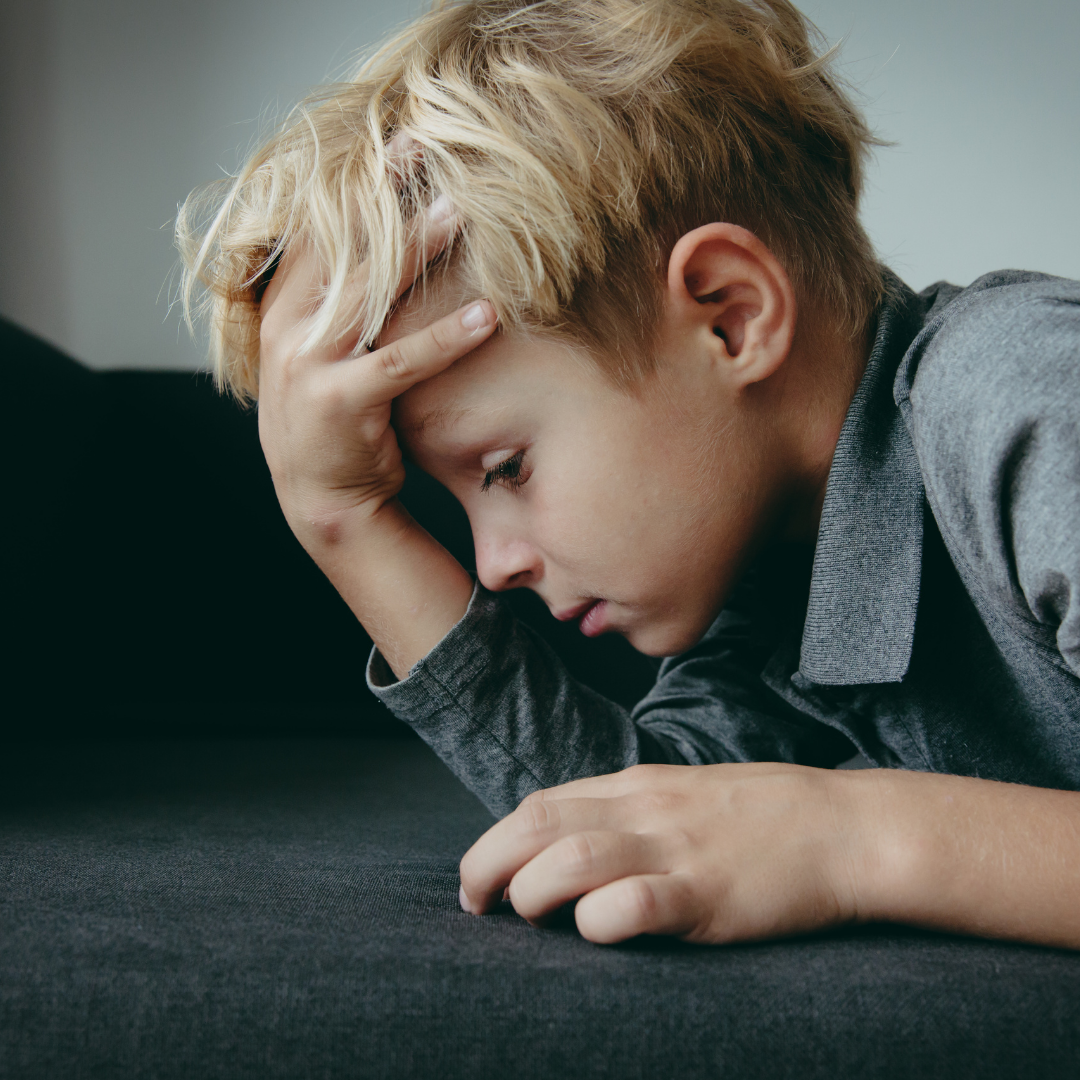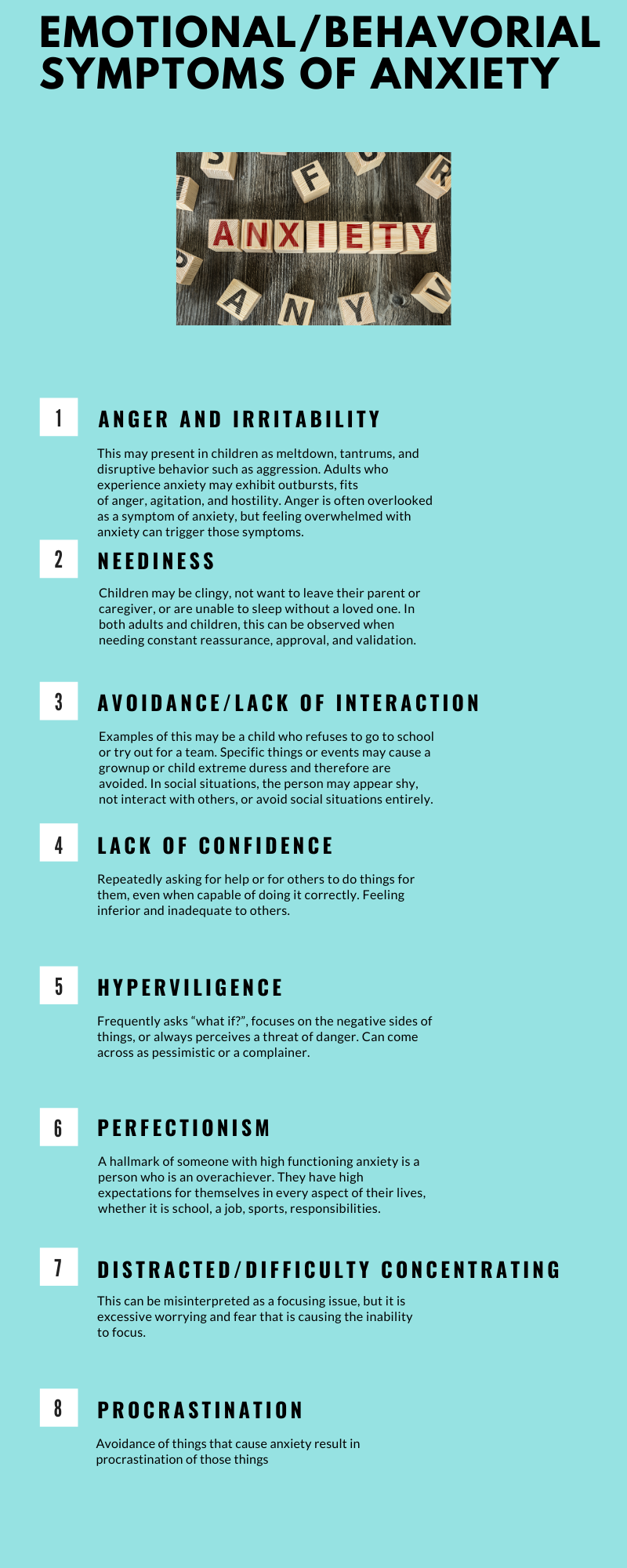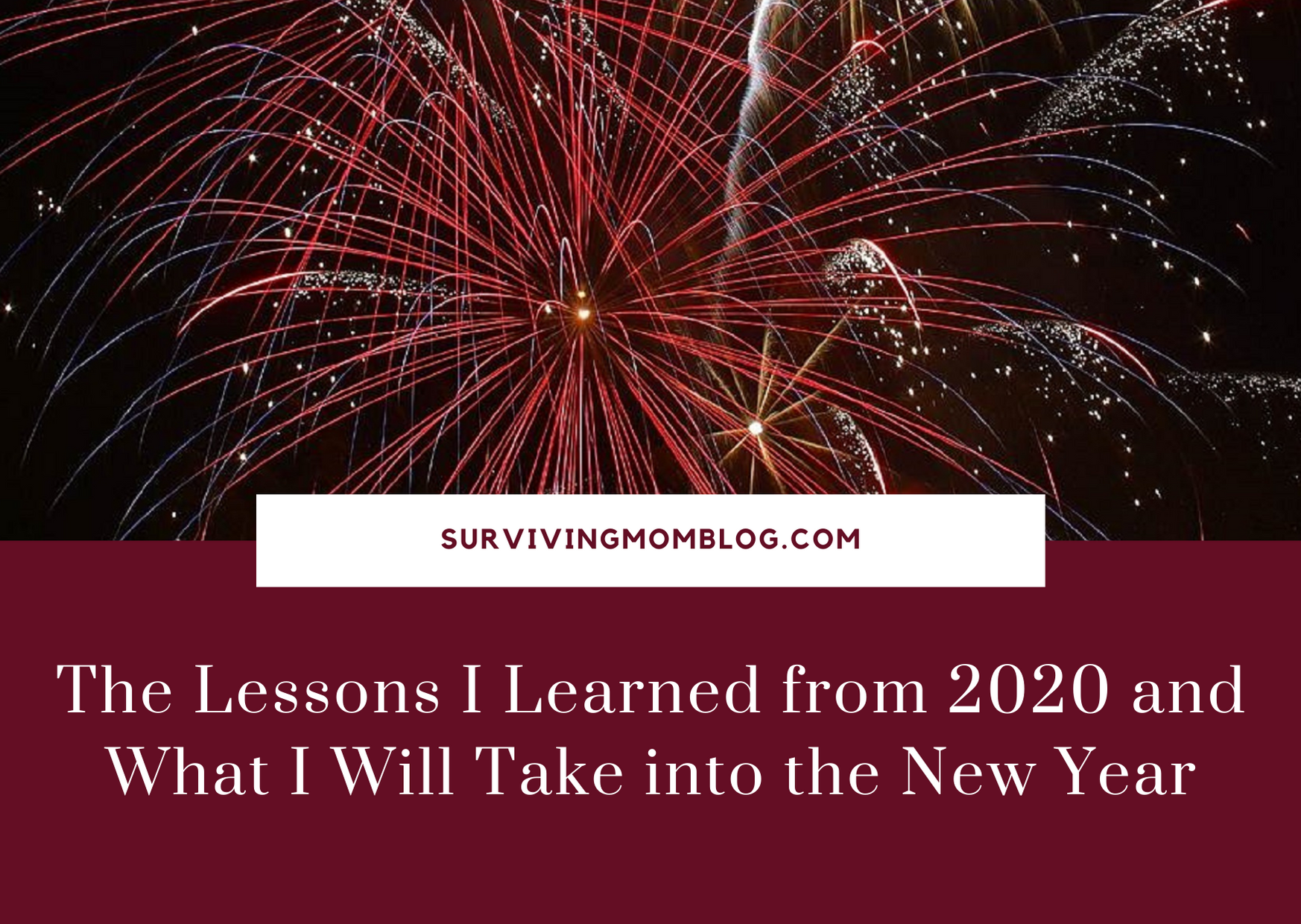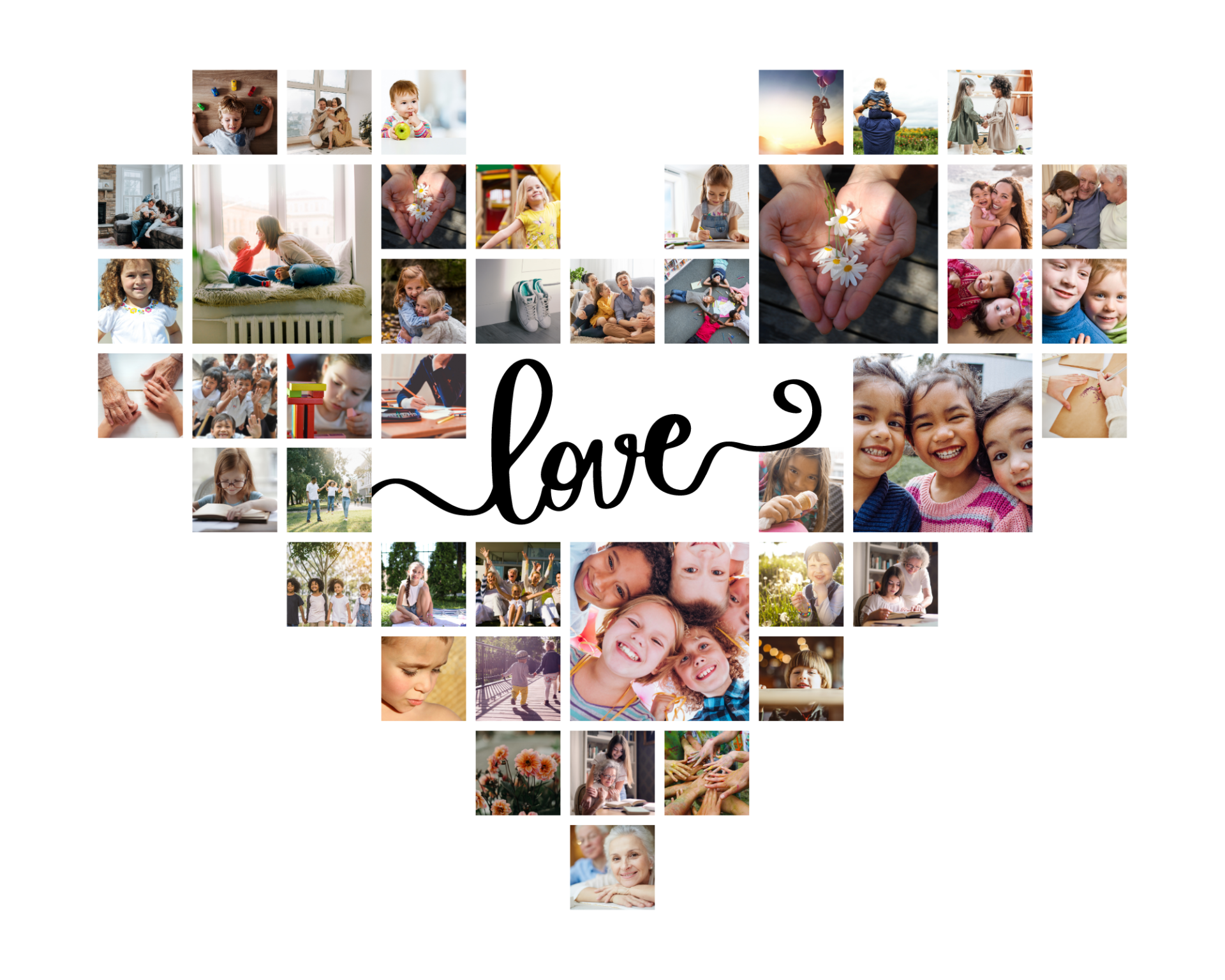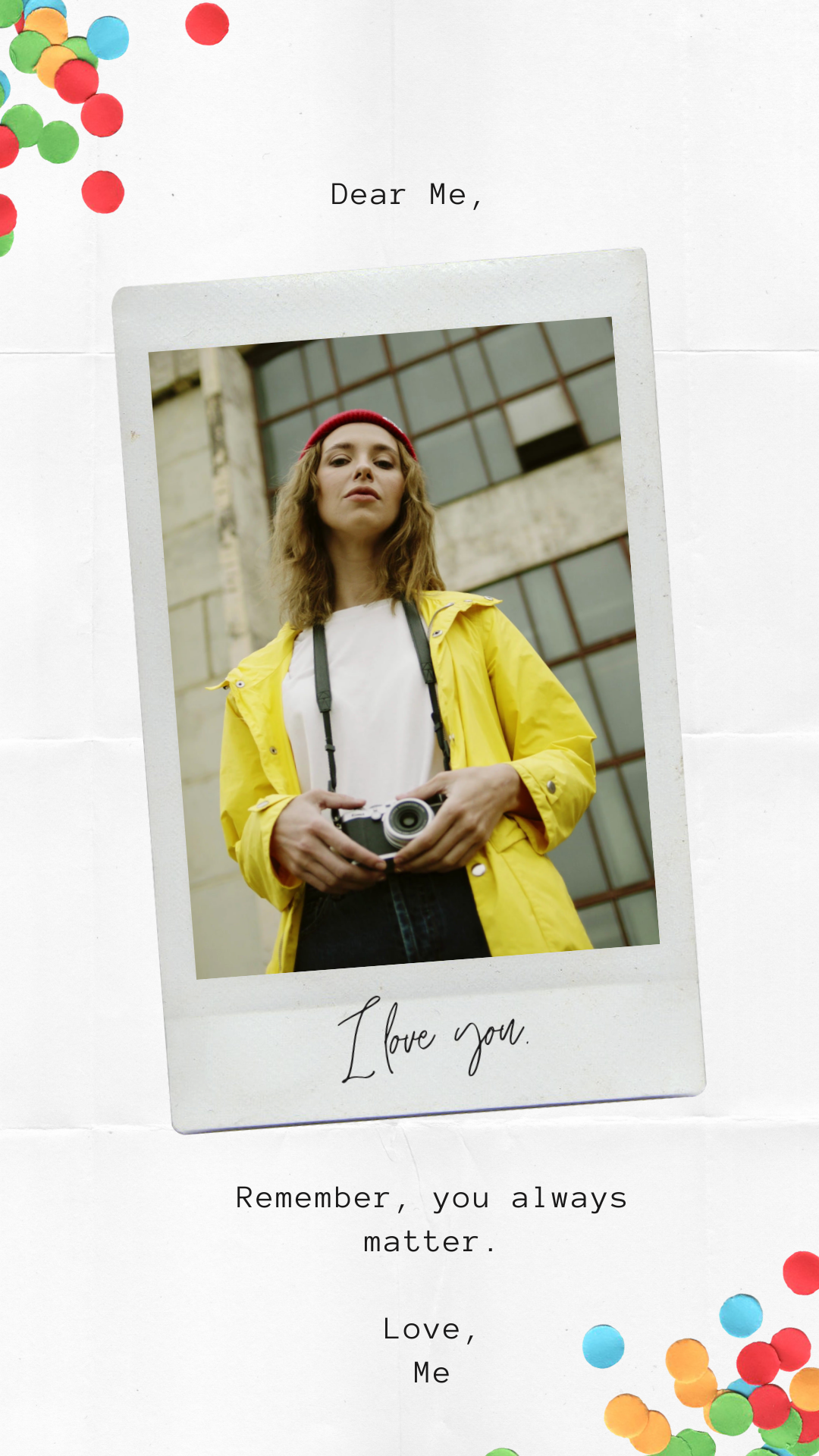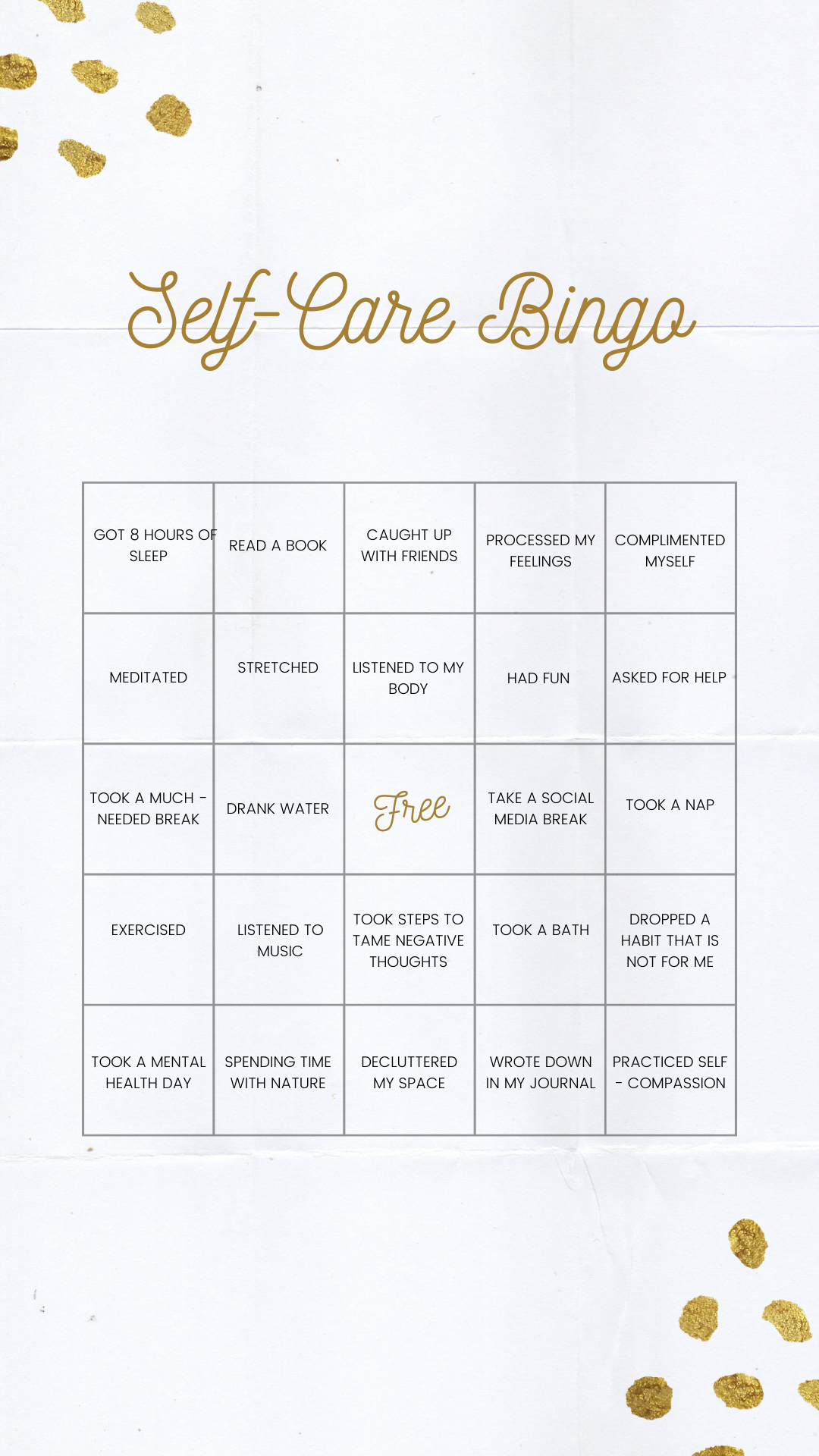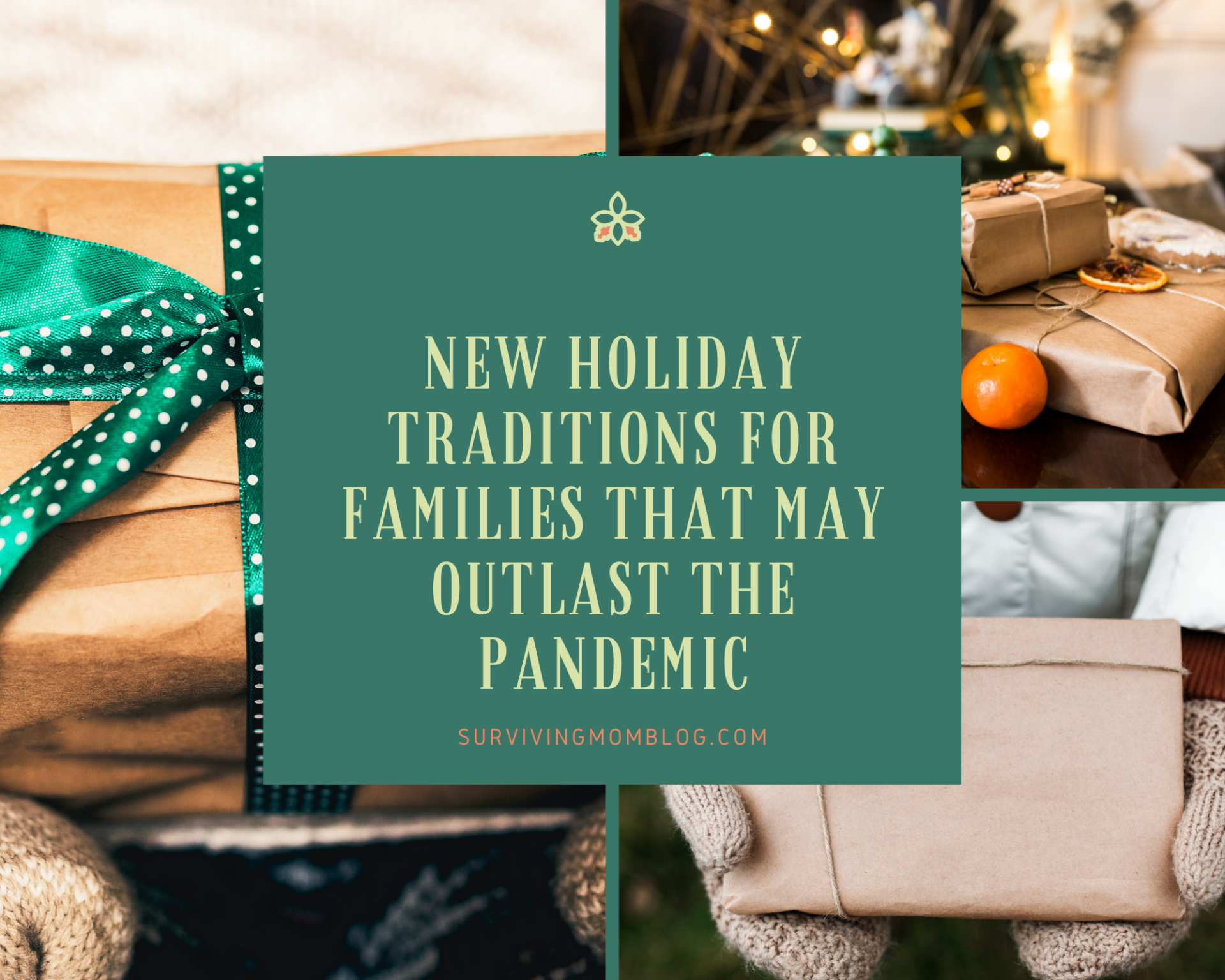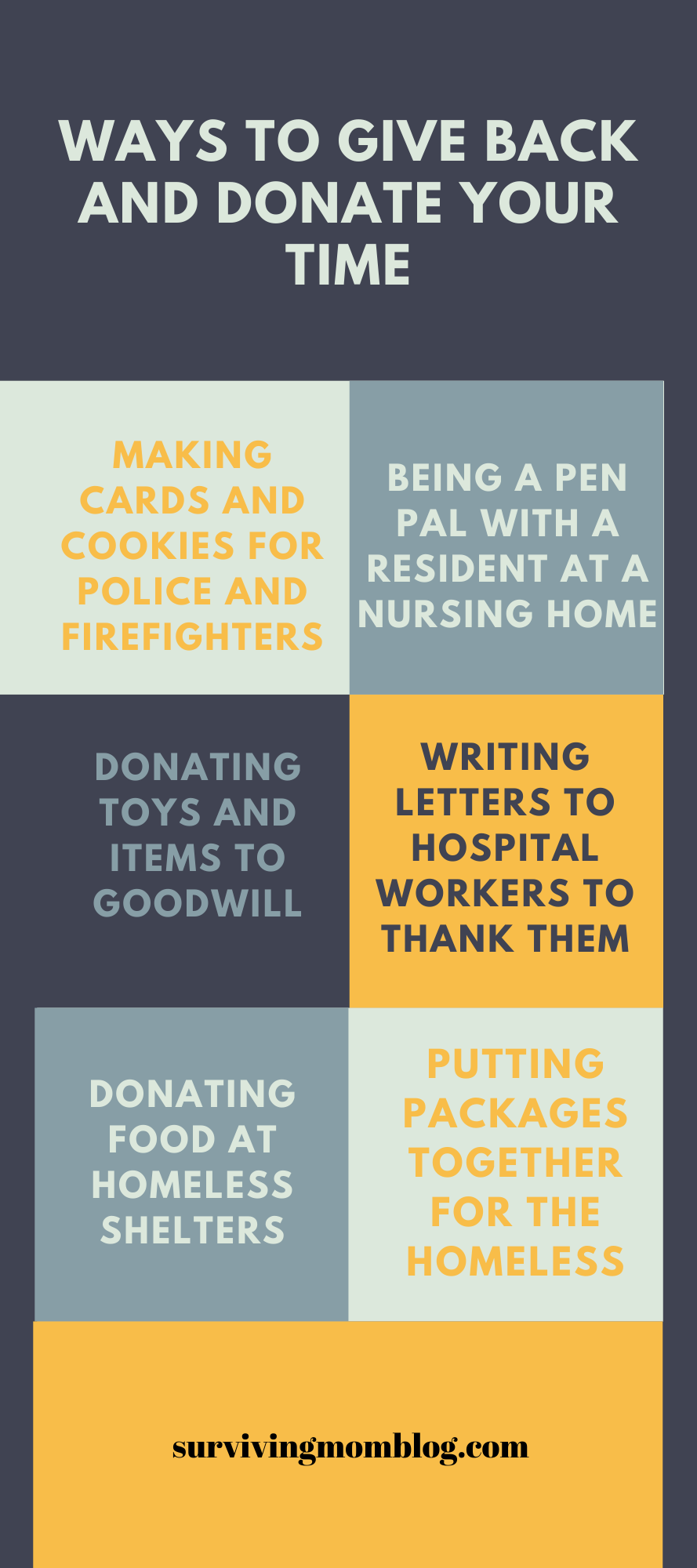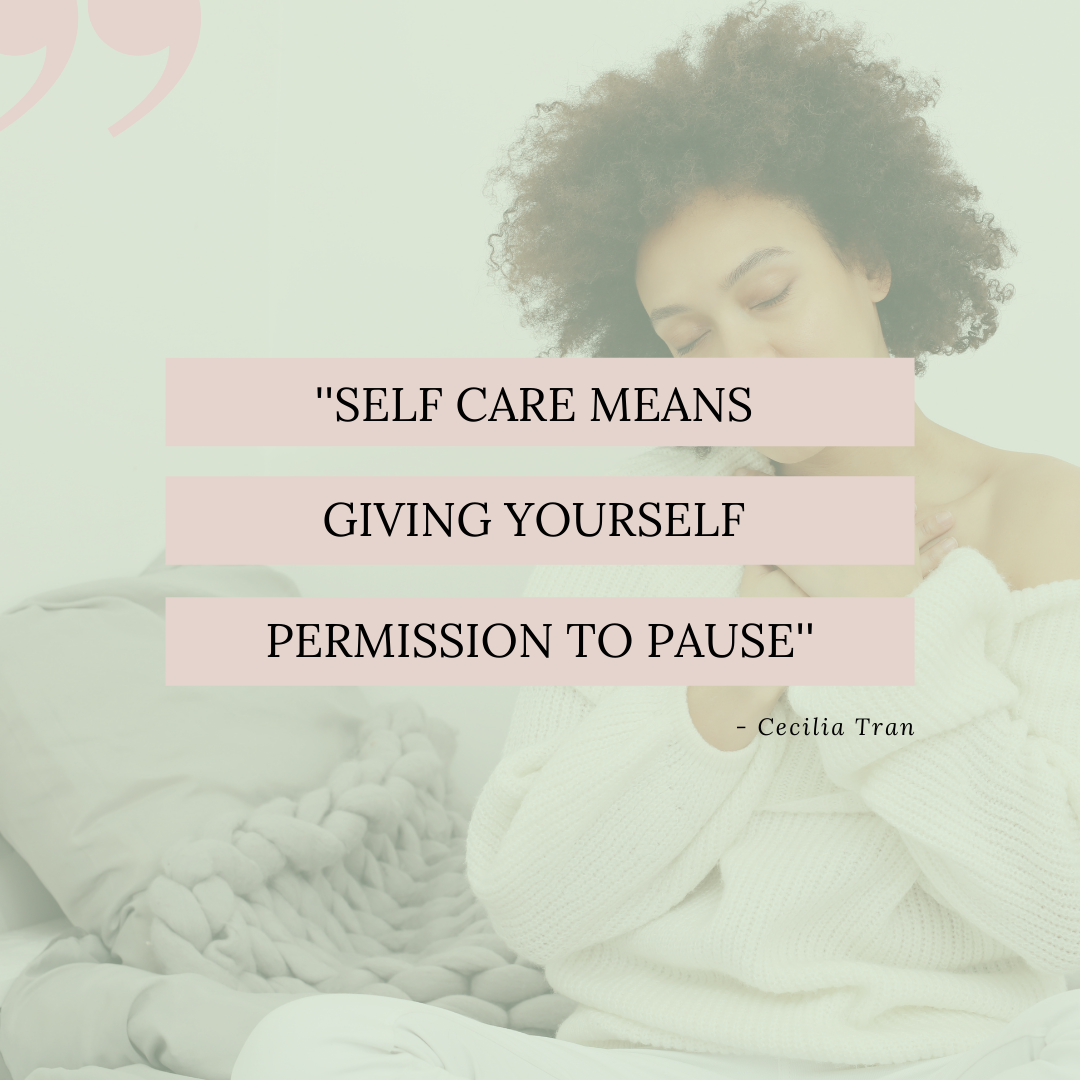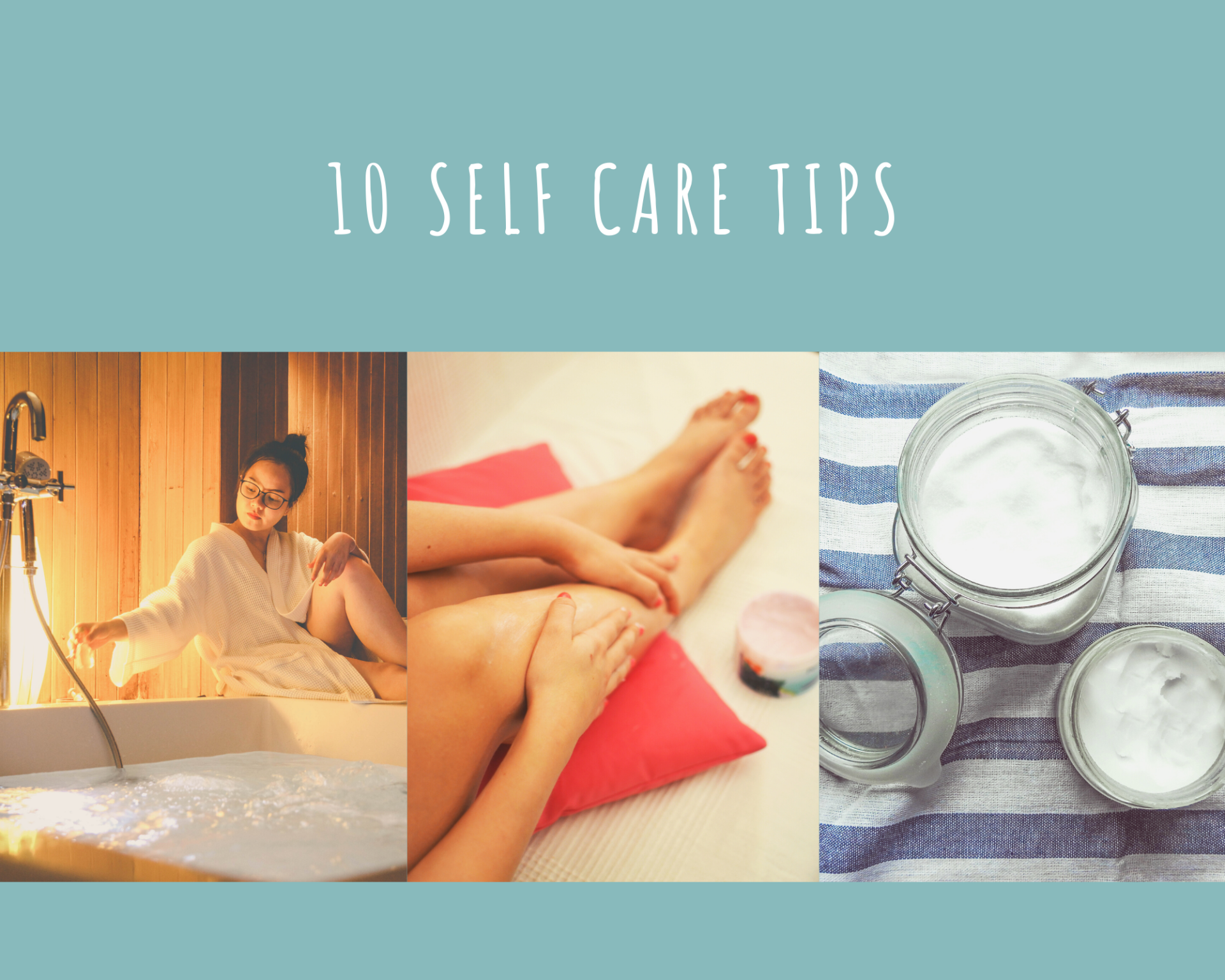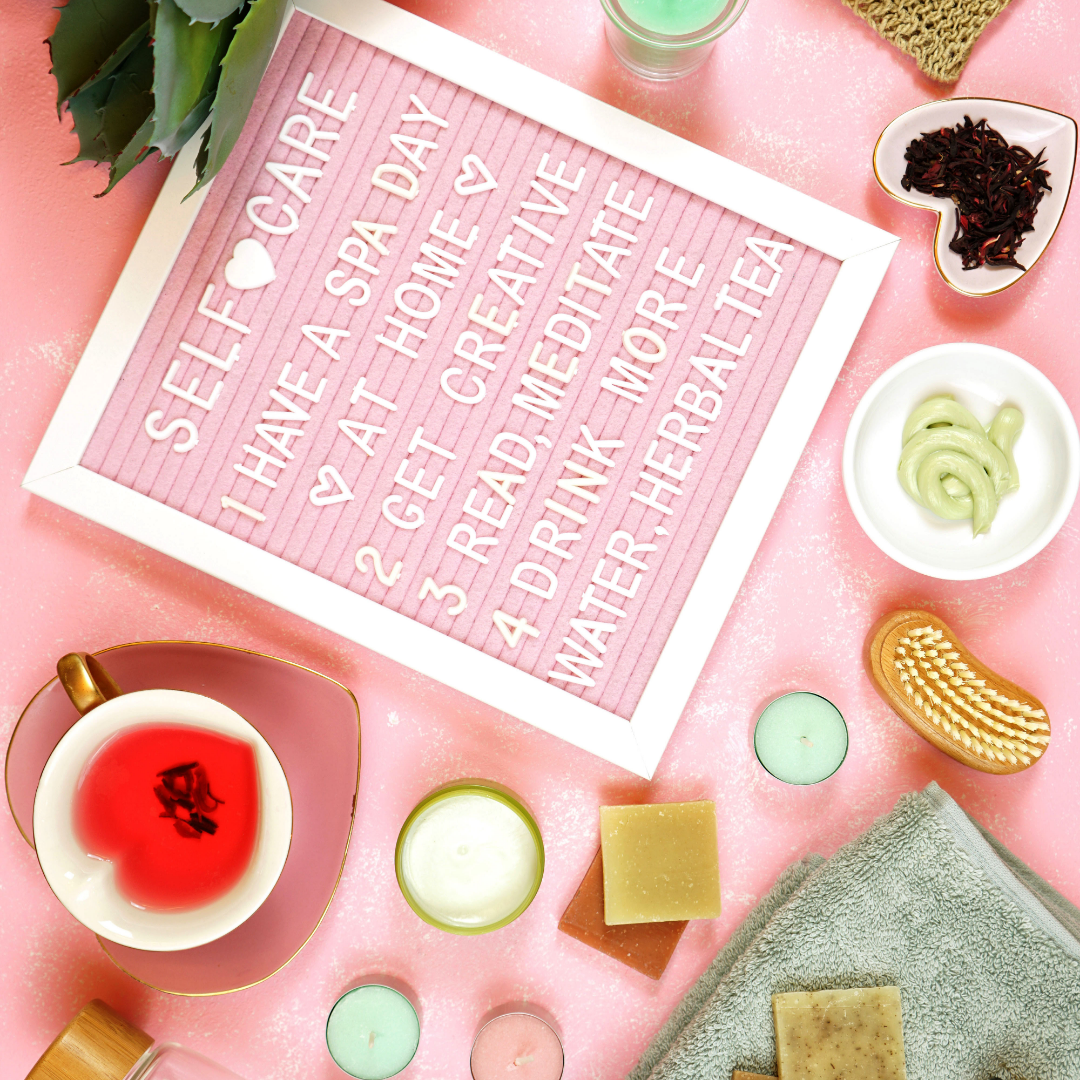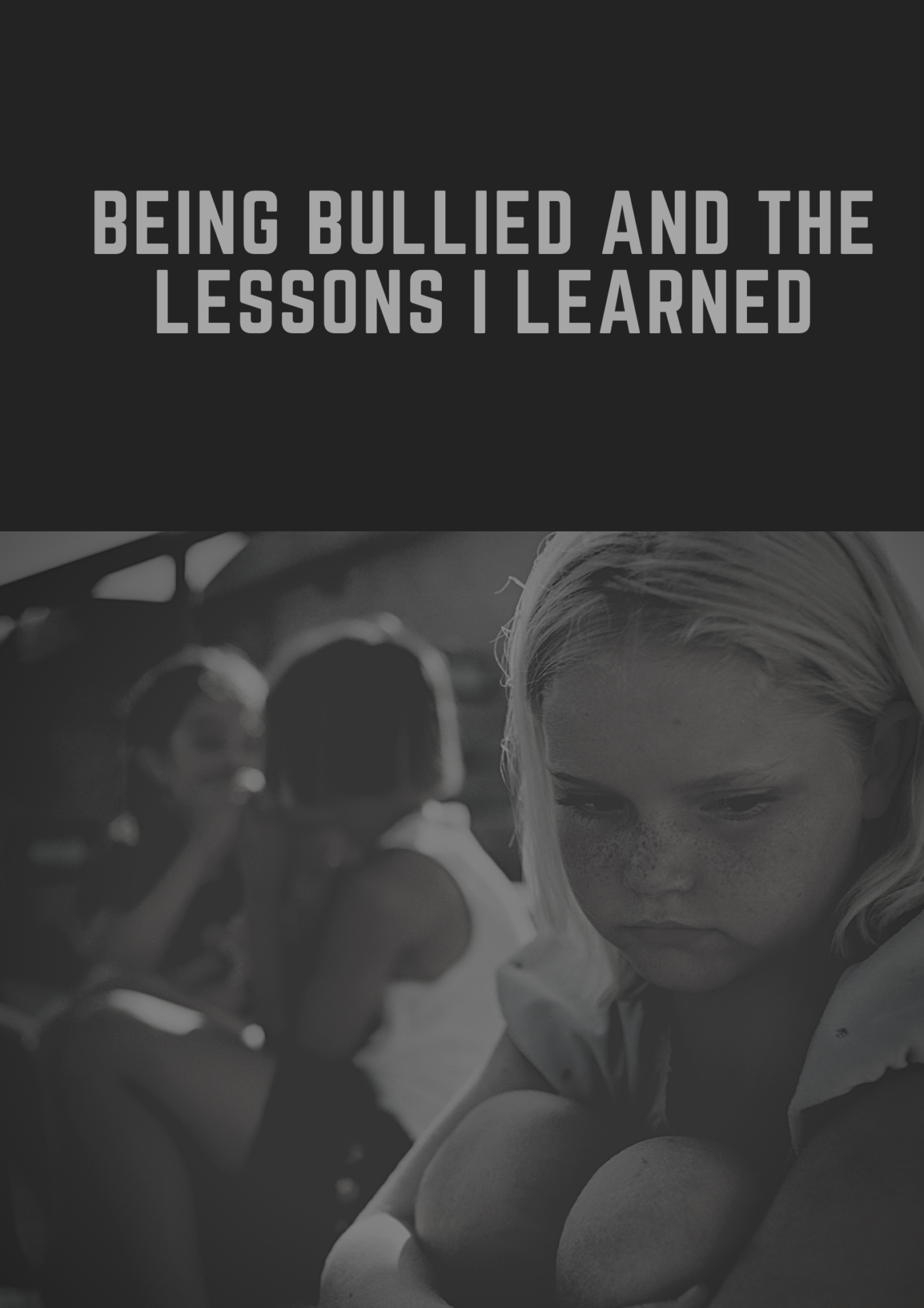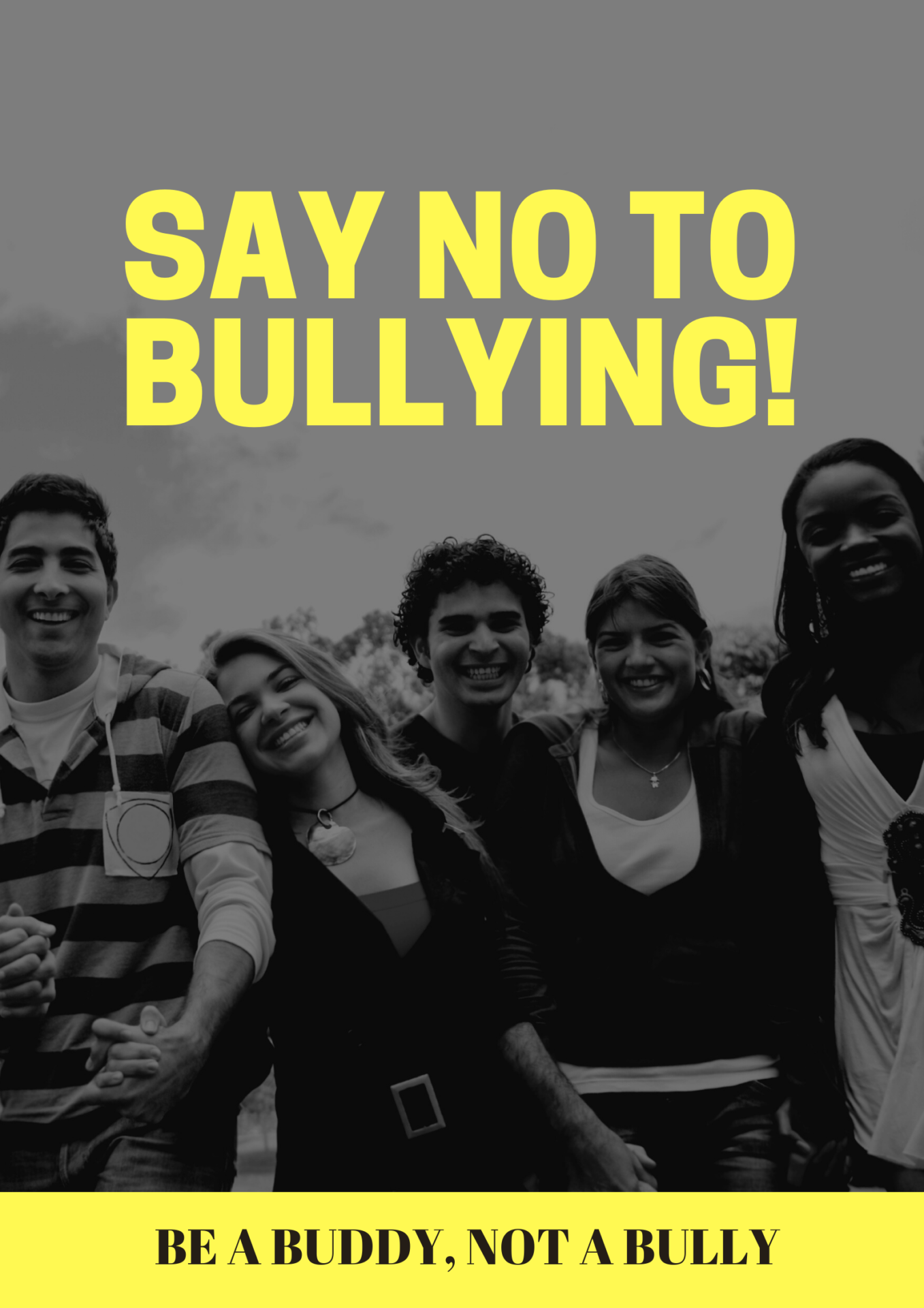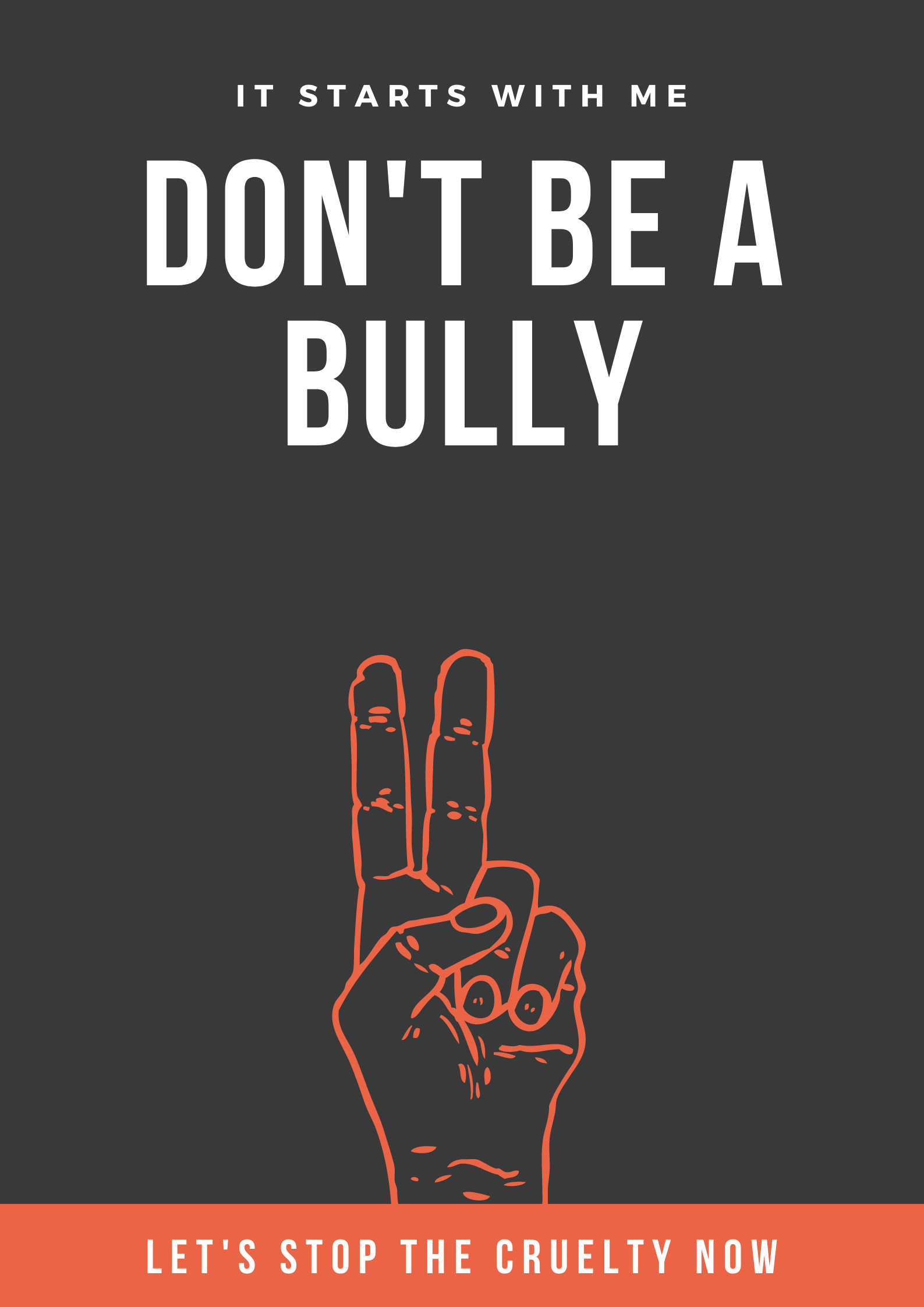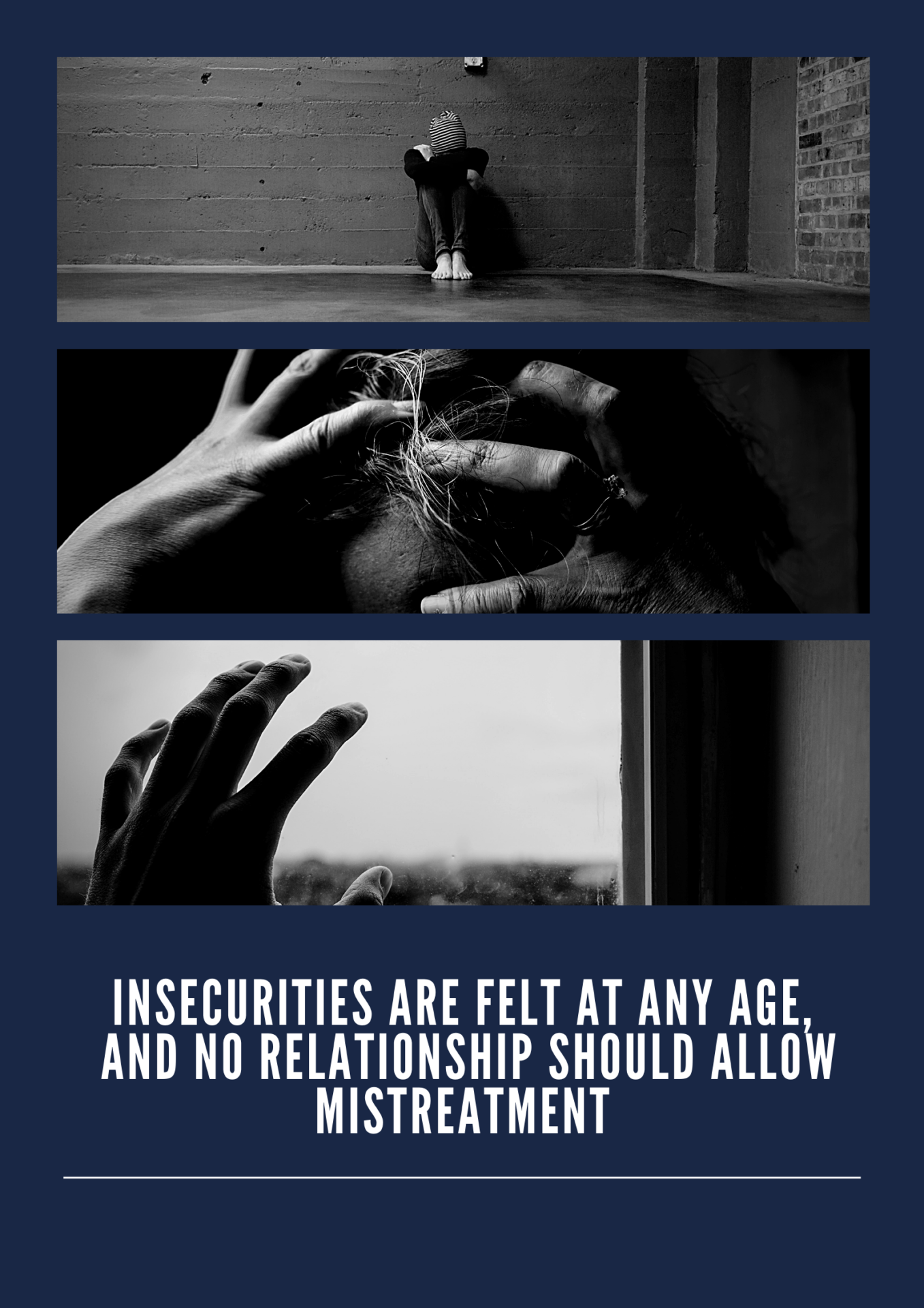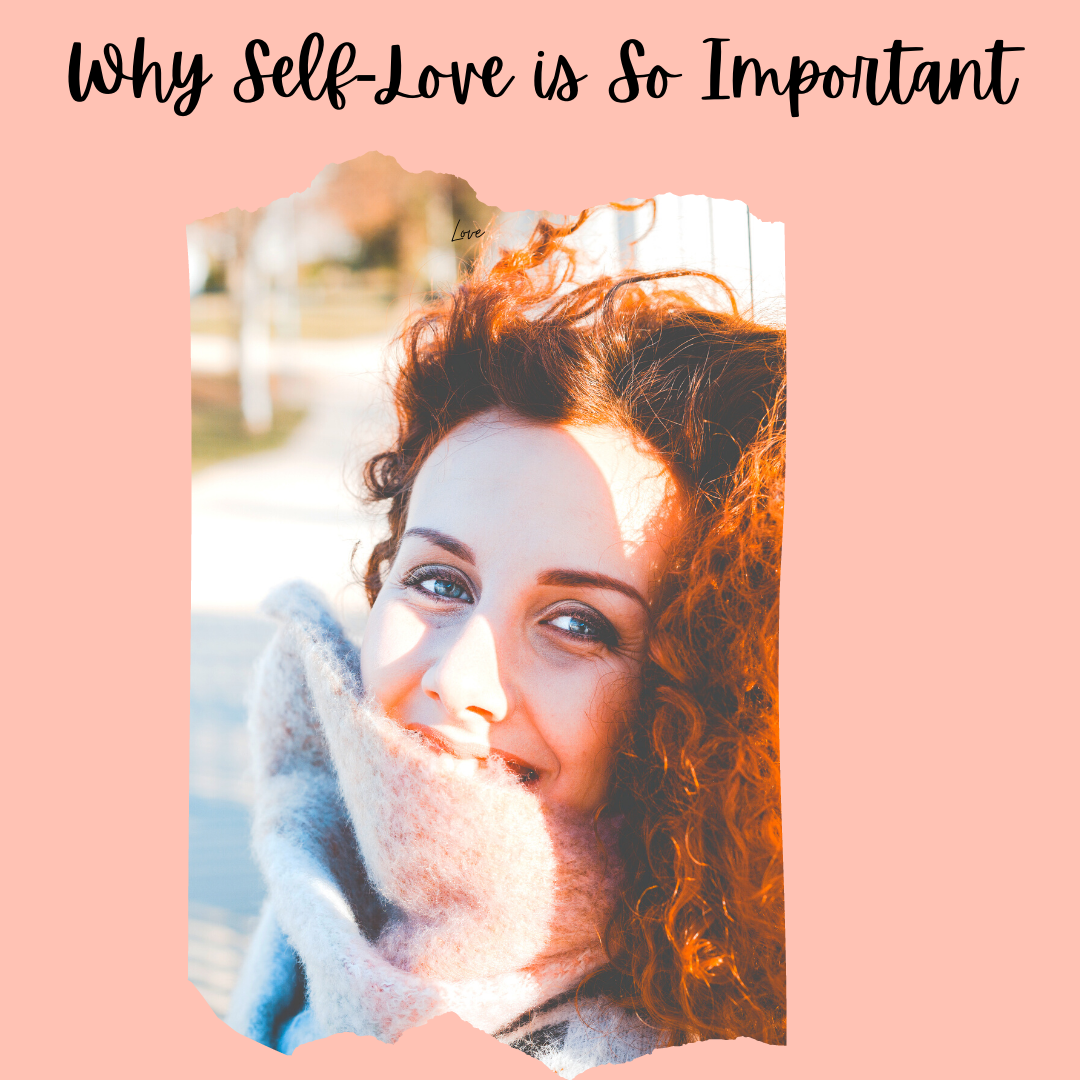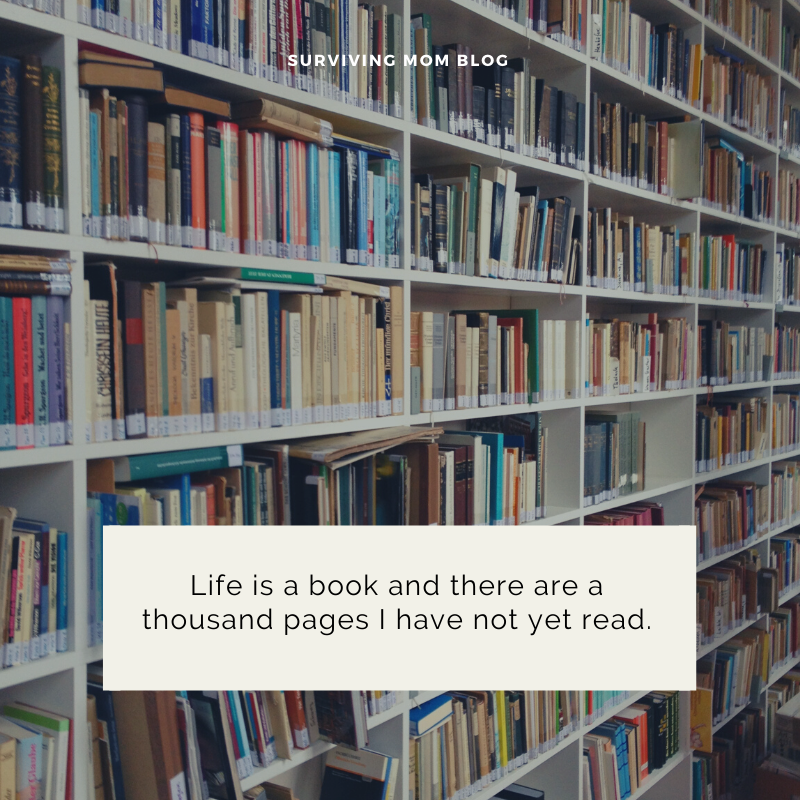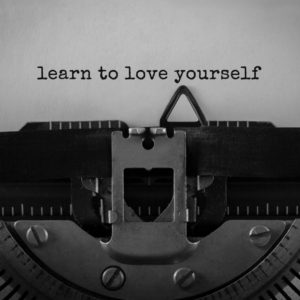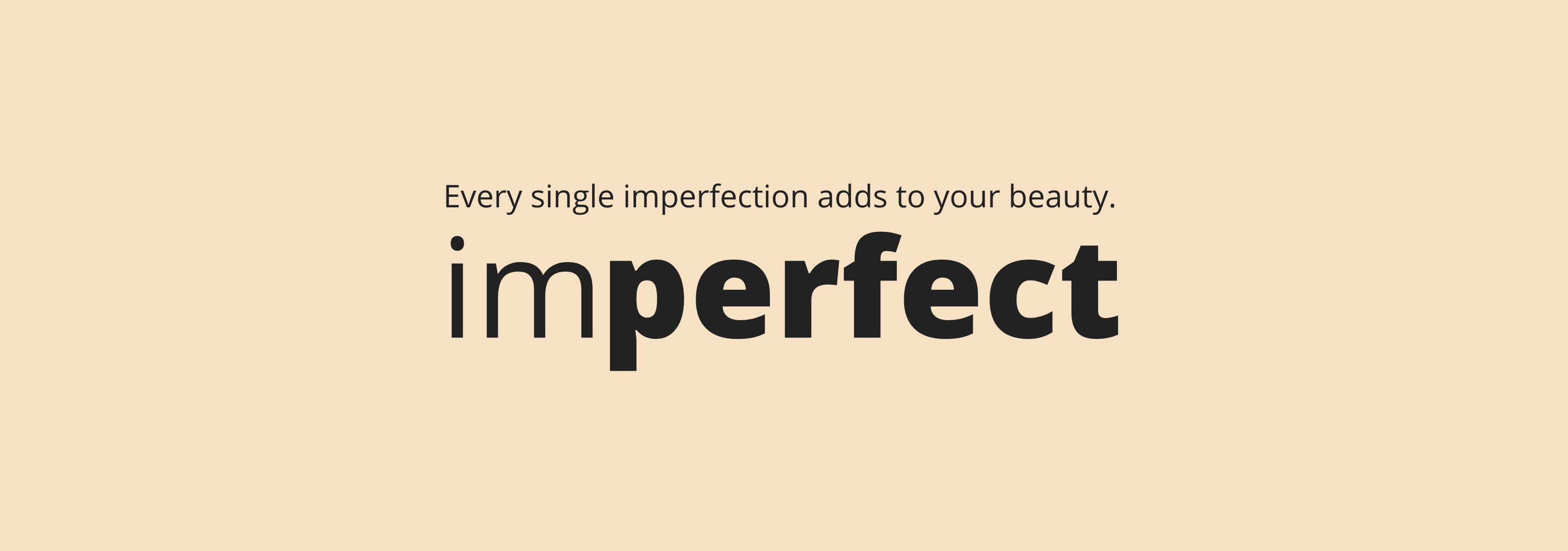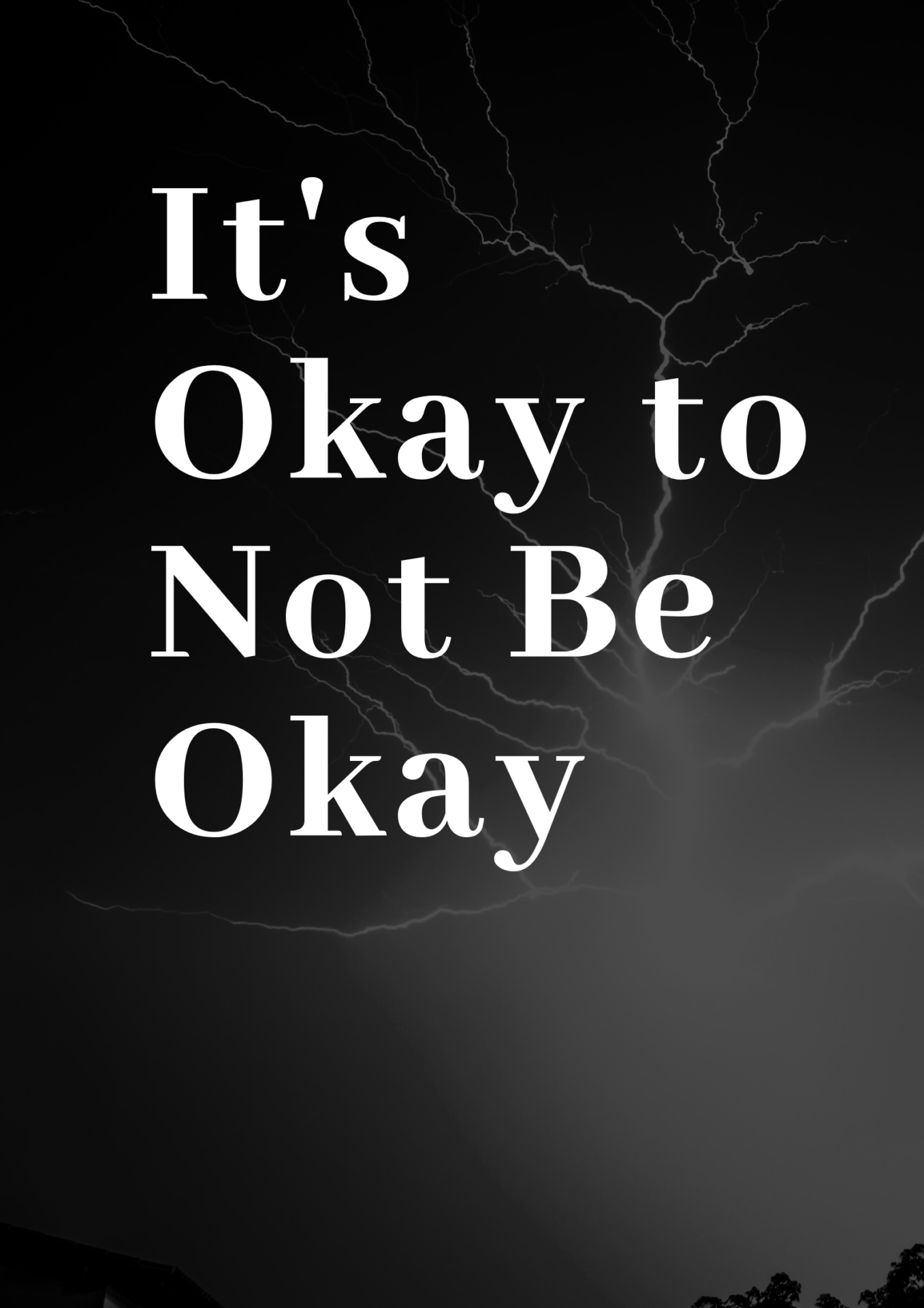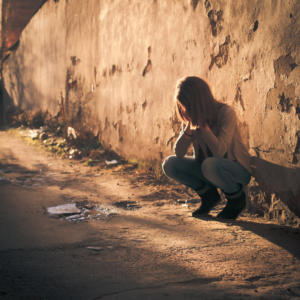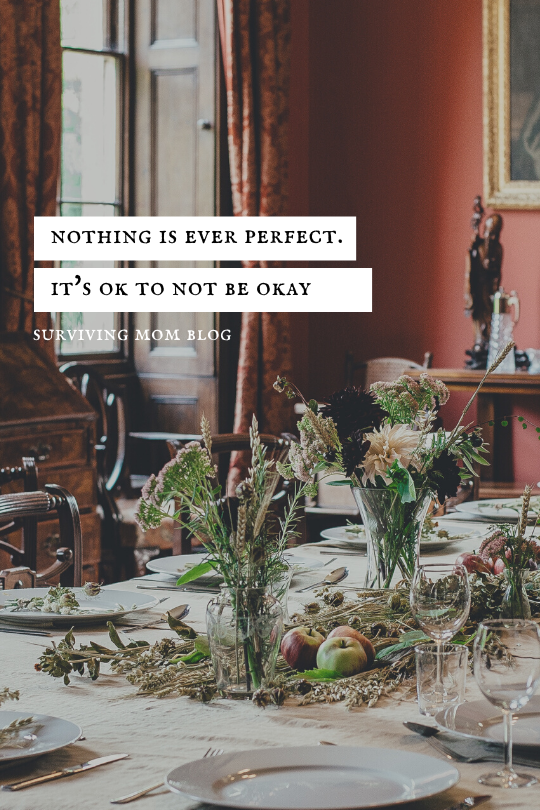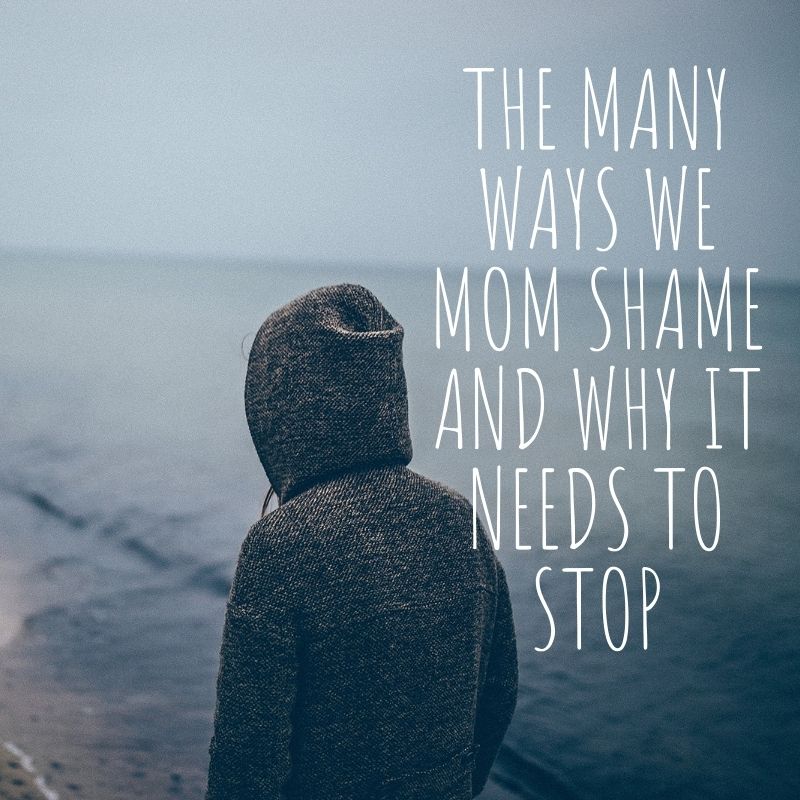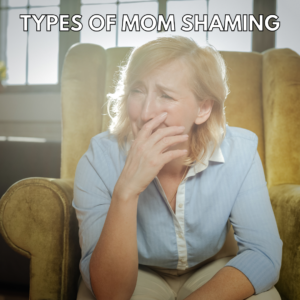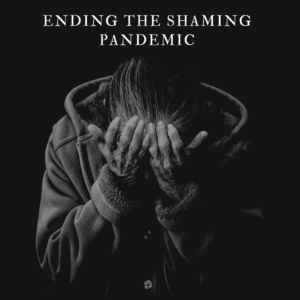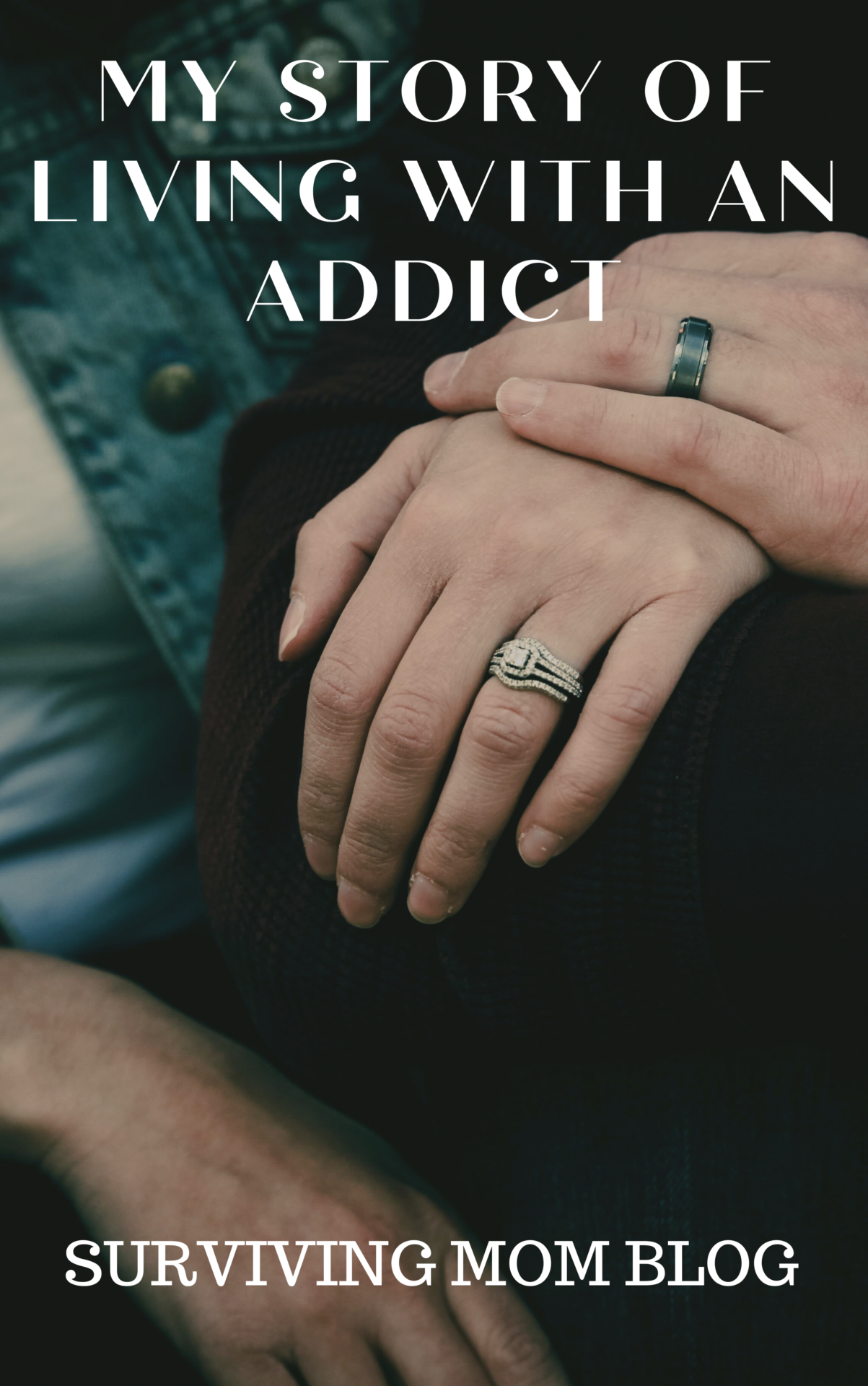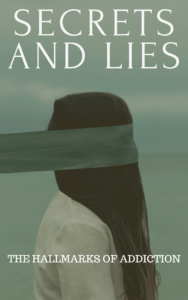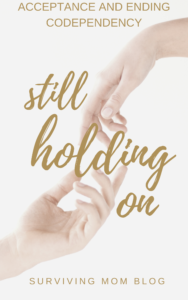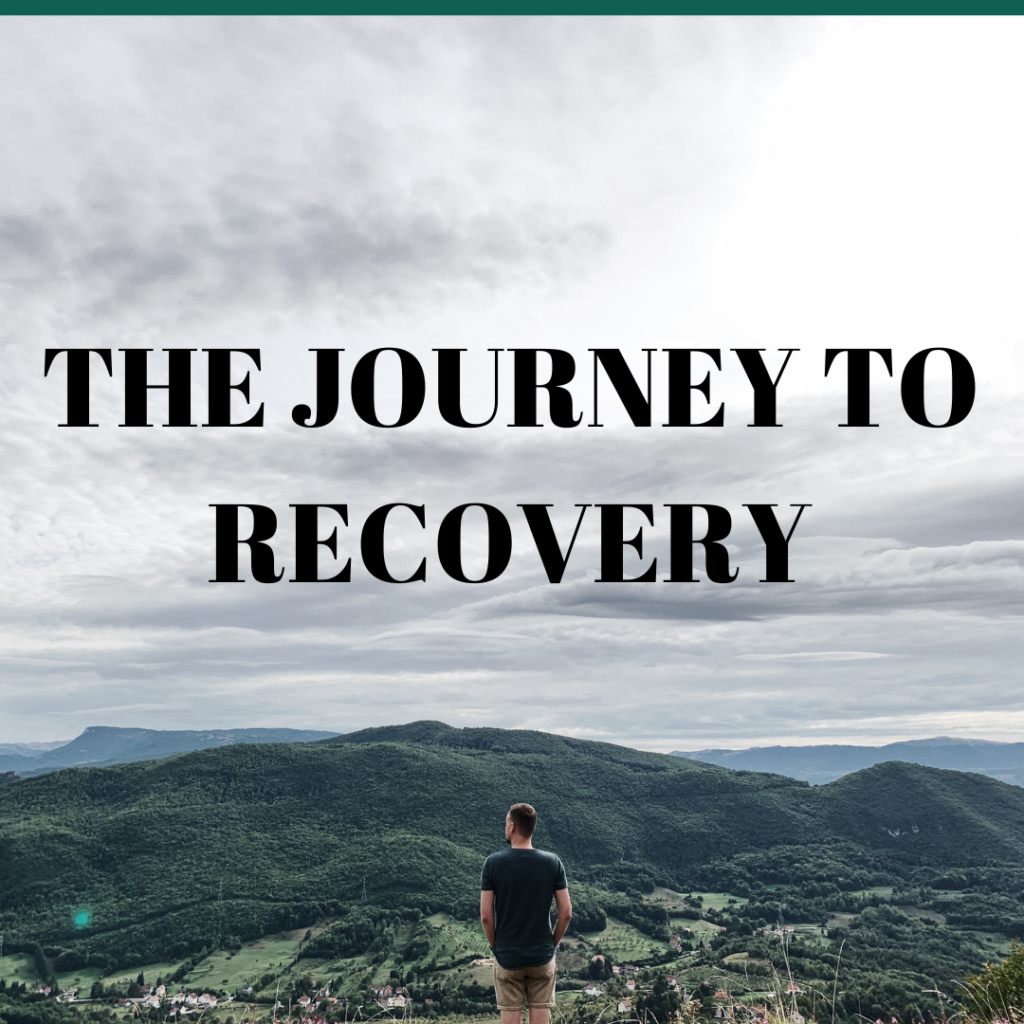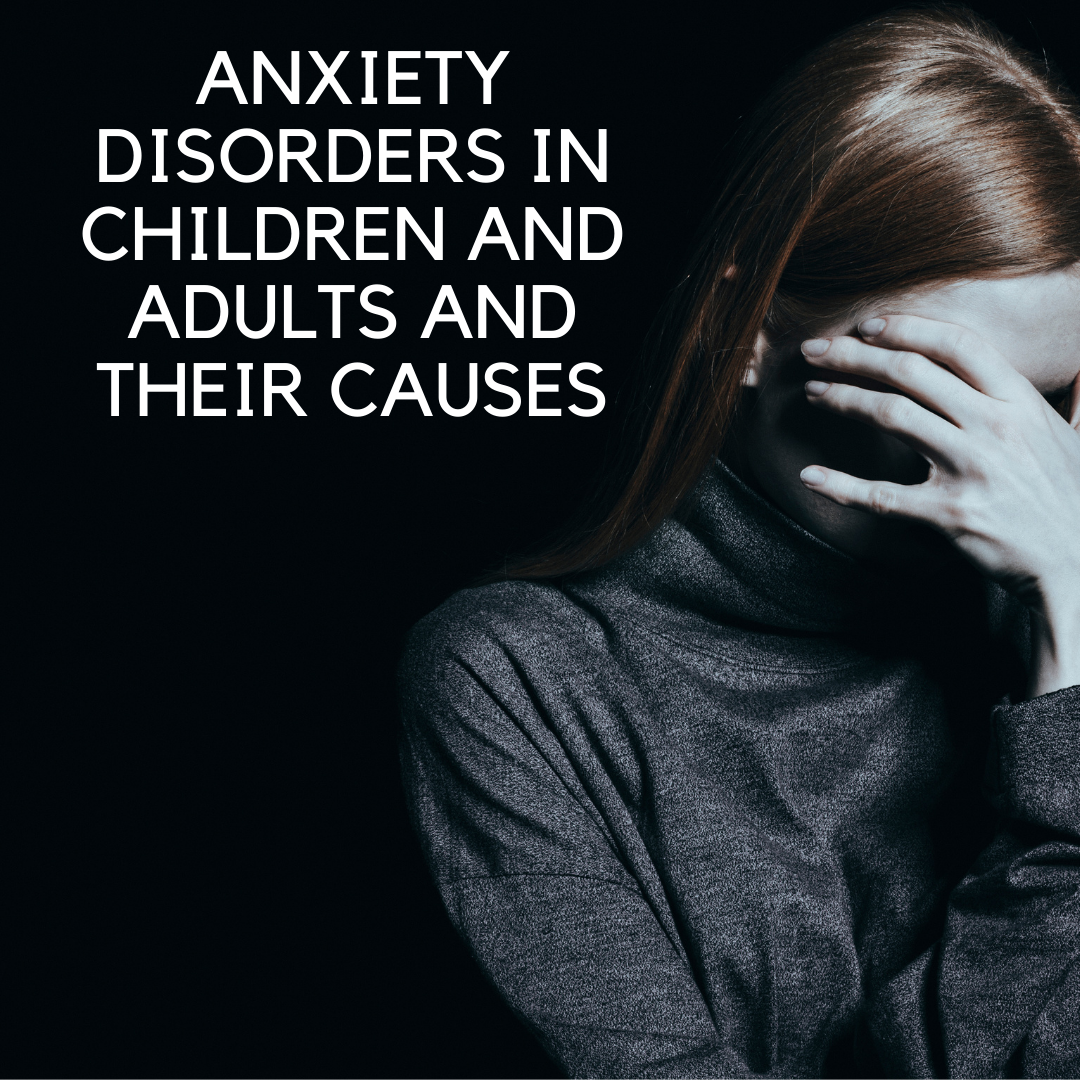
Anxiety is a topic that needs more awareness and understanding. There are currently 40 million adults and 4.4 million children who have anxiety disorders (cdc.gov, 2020). I discuss the definition of anxiety and its various symptoms here. This article will focus on the causes of anxiety and different anxiety disorders in children and adults.
WHAT CAUSES ANXIETY?
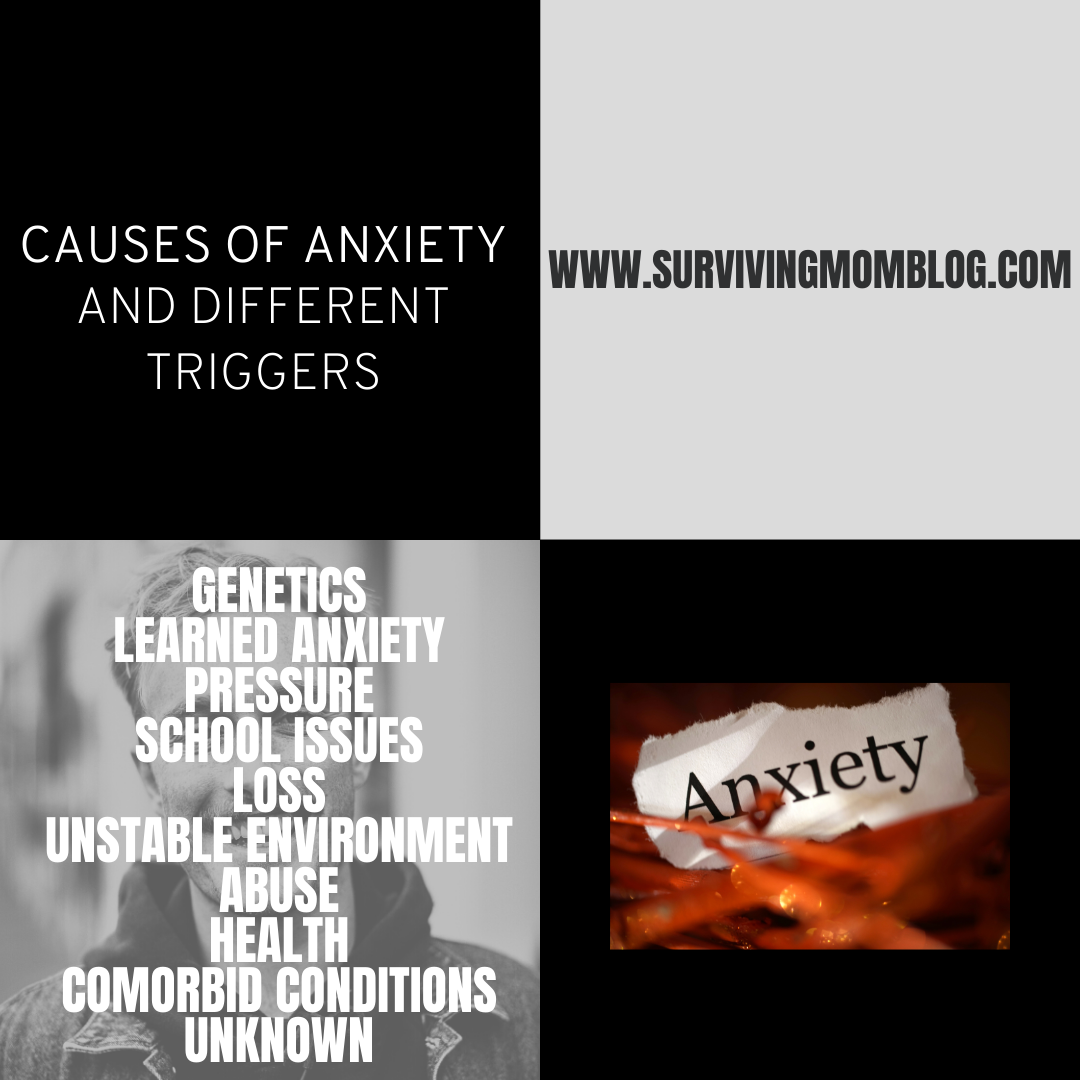
It is important to understand that people experience anxiety at various times throughout their lives. However, anxiety becomes problematic when it interferes with a person’s ability to function.
(1) Genetics
There is a genetic factor to anxiety. Just as a person may have a history of cancer in the family, it is possible to inherit anxiety as well.
(2) Learned Anxiety
Children can pick up on the behaviors and feelings of other people. As a result, they may inherit those feelings. For example, if a parent is afraid of dogs and reacts anxiously whenever a dog is present, the child may start feeling anxiety around dogs as well. “Children can pick up anxious behaviors from being around anxious people” (nhs.uk).
(3) Pressure
If a child feels constant pressure to perform a certain way in school or sports, they may develop anxiety. Similarly, if an adult feels constant pressure (e.g., at work or financial), this can trigger anxiety.
(4) School related issues
Bullying and a lack of friends in school may result in anxiety.
(5) Loss
This includes the death of a loved one (person or animal), as well as divorce
(6) Unstable environment
Examples include constant fighting in the home, lack of consistency due to frequent moving, and/or frequently changing schools
(7) Abuse/trauma
This includes neglect, abuse, and/or witnessing or involvement in a traumatic event.
(8) Health
Having a serious illness or injury in an accident can cause anxiety.
(9) Comorbid conditions
“If a child has ADHD and/or autism, they are more likely to have problems with anxiety” (nhs.uk). The misuse or withdrawal from drugs or alcohol may also cause or increase anxiety. Additionally, “people with other mental health disorders, such as depression, often also have an anxiety disorder” (Mayo Clinic, 2018).
(10) Unknown
There are simply some people whose personality makes it more likely that they will develop an anxiety disorder. For instance, some people have a higher tolerance to stress. On the contrary, others are more prone to anxiety.
TYPES OF ANXIETY DISORDERS IN CHILDREN AND ADULTS
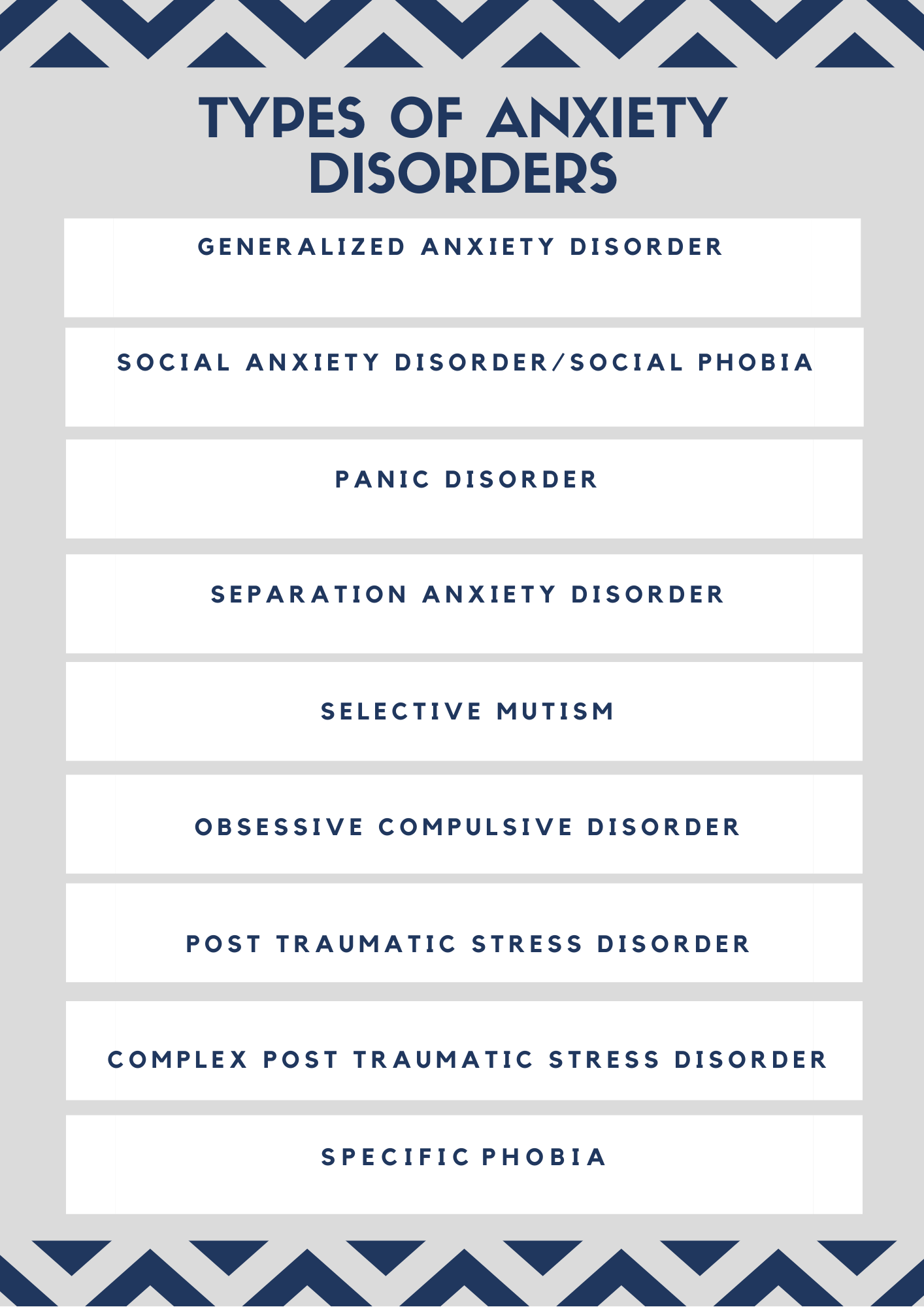
There are various anxiety disorders in children and adults. Additionally, each disorder has different characteristics. This information should give you a fuller understanding of anxiety.
Generalized Anxiety Disorder (GAD)
When someone talks about having chronic anxiety, this is what they are typically referring to. For instance, children and adults with GAD experience anxiety about a variety of things (e.g., performance in tasks, relationships with others, and daily life situations). As a result, it is anxiety “that is nearly constant and disproportionate to its causes” (additutdemag, 2018).
Social Anxiety Disorder/Social Phobia
Intense fear about social situations is the hallmark of social anxiety. This includes avoiding social situations, worrying about an upcoming event, not participating in events, difficulty making friends, and avoiding or extreme discomfort when having conversations. It is important to note “some people might exhibit symptoms in only one type of situation, whereas others might experience multiple symptoms in various social situations” (additudemag.com, 2018).
Panic Disorder
Those with this disorder experience panic attacks and extreme terror that comes about unexpectedly. It is characterized by chest pain, a rapid heartbeat, feeling faint, and dizziness. A child is diagnosed with panic disorder “if your child suffers at least two unexpected panic or anxiety attacks-which means they come on suddenly and for no reason- followed by at least one month of concern over having another attack, losing control, or ‘going crazy’” (adaa.org, 2015).
Separation Anxiety Disorder
It is part of typical development to feel anxiety when separating from a caregiver between the ages of 18 months-3 years. Additionally, children often feel anxious separating from a caregiver when getting dropped off at a new school or environment. Separation anxiety disorder mostly presents in children between the ages of 7-9. It is characterized by intense and excessive anxiety about being away from home and/or being separated from a parent or caregiver. This can include anxiety that something is going to happen to their loved one while they are away.
Selective Mutism
This anxiety disorder is associated with a consistent failure to speak in certain social situations. A person with this disorder will freeze around particular people or events, but will speak freely when not triggered. “It usually starts in adulthood, and if left untreated, can persist into adulthood. A child or adult with selective mutism does not refuse or choose not to speak at certain times, they’re literally unable to speak” (nhs.uk, 2019).
Obsessive Compulsive Disorder (OCD)
An anxiety disorder that involves constant thoughts, actions, or impulses that are in intrusive. As a result, there is a need to perform certain rituals or routines to ease their anxiety.
Post-Traumatic Stress Disorder (PTSD)
An extreme fear or anxiety after a traumatic or life-threatening event. Symptoms of PTSD include flashbacks, being hyperalert/hypervigilant, and avoiding situations that are similar/reminders of the event.
Complex Post Traumatic Stress Disorder (C-PTSD)
Although this is not an anxiety disorder recognized by the Diagnostic and Statistical Manual of Mental Disorders (DSM-5), it is closely related to PTSD. C-PTSD is a result of prolonged or repeated trauma, and it includes the symptoms of PTSD. As a person who has C-PTSD and chronic anxiety as a result, I feel it is important to include this. I will address C-PTSD and its complexities in a future article.
Specific Phobia
An intense fear of a specific object, thing, or place. Examples include a fear of spiders, heights, or the dark. A person with a specific phobia tends to avoid the source of their anxiety. “Unlike adults, they [children] do not usually recognize that their fear is irrational” (adaa.org).
When to Get Professional Help
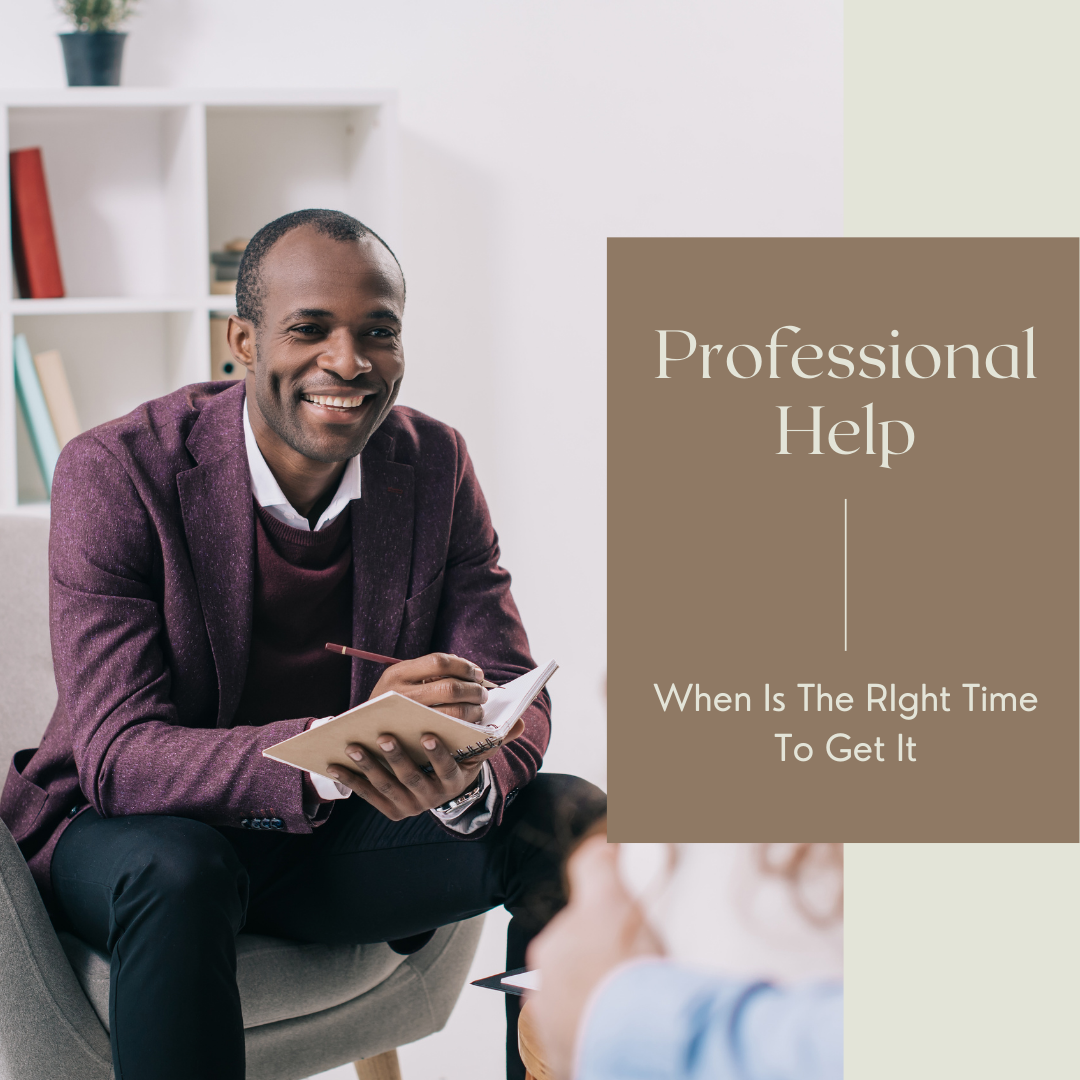
It is important to see a doctor if you or your child have anxiety that is interfering with any aspect of your life. Additionally, seek professional help if there are any other mental health or physical concerns. It is important to understand that anxiety can worsen without proper treatment. Please do not assume that things will get better on their own. Being proactive is the best thing you can do for yourself or your child.
